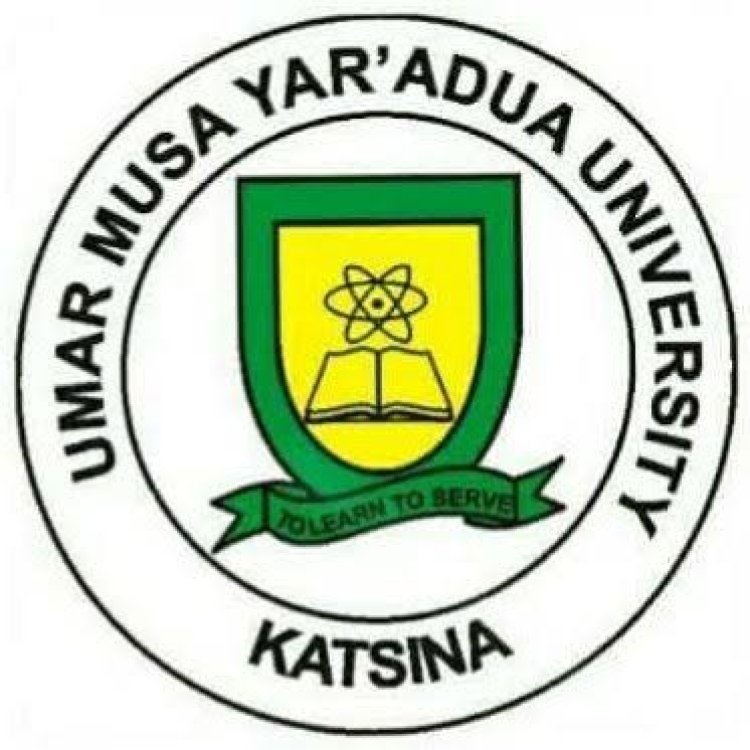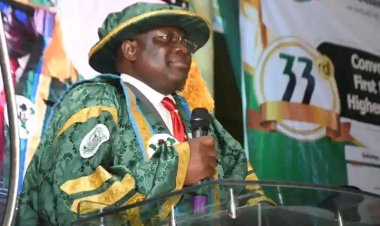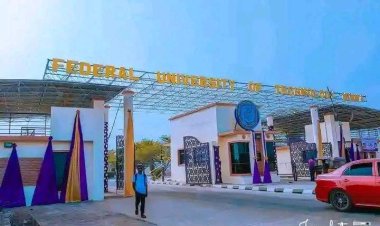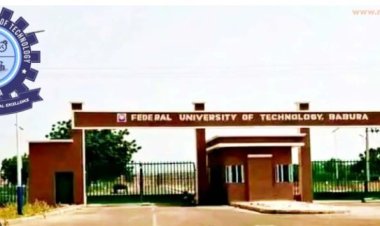ASUU Warns of Imminent Collapse of Umaru Musa Yar’Adua University Due to Inadequate Funding
The Academic Staff Union of Universities (ASUU) chapter at Umaru Musa Yar’Adua University has issued a stark warning that the institution is on the verge of collapse due to insufficient funding from the state government.

The Academic Staff Union of Universities (ASUU) chapter at Umaru Musa Yar’Adua University has issued a stark warning that the institution is on the verge of collapse due to insufficient funding from the state government.
Dr. Muhtari Abdul Kwara, Chairman of the ASUU branch, revealed this critical situation to journalists during a press conference in Katsina. He stated that the university is grappling with severe financial challenges that hinder its ability to provide essential services to both staff and students.
RECOMMENDED: NILEST is Capable and Prepared to Serve as Sole Producer of Combat Military Footwear - Prof. M. K. Yakubu, DG and CEO NILEST
According to Dr. Kwara, the university previously received ₦16 million monthly for operational costs, but this amount has been drastically reduced to ₦7 million under the current administration of Governor Dikko Radda. He highlighted the disparity by noting that the university has expanded from three faculties at its inception to nine faculties, yet the funding has significantly decreased.
"The university started with three faculties and a monthly running cost of ₦16 million. Now, with nine faculties, we only receive ₦7 million to cover our financial needs," Dr. Kwara explained. He also mentioned that the financial strain has led the university management to halt the release of overhead costs to Heads of Departments, further exacerbating operational difficulties.
"Heads of departments are operating in tears because we are facing difficulties in working," he lamented.
SEE ALSO: Samaru College of Agriculture, DAC/ABU Zaria Celebrates Dedicated Retirees
Dr. Kwara also criticized the Radda administration for not implementing a 25/35 percent salary increase, which has already been enjoyed by staff at other state universities. He called on the government to increase the monthly subvention to the university to prevent its collapse.
Efforts to obtain a response from the State Commissioner of Higher Education, Professor Abdul Hamid Ahmed, were unsuccessful.





